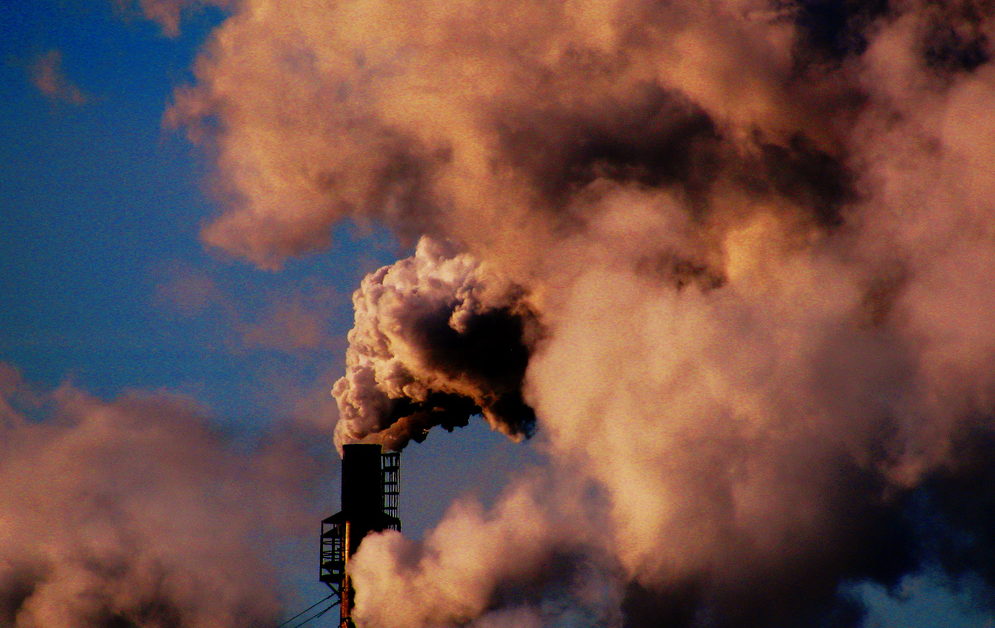Title Page
Climate Lawsuits, Once Limited to the Coasts, Jump Inland. New York Times.
Introduction
Black Orleanians Falling Further Behind Whites in Income, Education, Report Says. The New Orleans Advocate.
Since the late 1970s, black residents' incomes have actually tumbled when adjusted for inflation, according to statistics in the report compiled by the Data Center, a local nonprofit organization, while white residents' incomes have held steady.
It's the group's first attempt to broadly scrutinize whether black residents of the city and the surrounding eight-parish area have made progress on measures of income and educational attainment in the post-Jim Crow era.
Executive Summary
What do we get wrong about closing the racial wealth gap? A lot, according to a team of researchers with the Samuel DuBois Cook Center on Social Equity and the Insight Center for Community Economic Development. In a new report, the researchers dismantle 10 commonly held myths, including ideas often offered as potential solutions to persistent, significant black-white wealth disparities.
The study unpacks calls for everything from more financial literacy and higher education to buy black campaigns to reveal both the faulty assumptions behind these myths and their failure to address structural sources of inequity.
Take the first myth, for example:
"Greater educational attainment or more work effort on the part of blacks will close the racial wealth gap."
The data the report presents finds that "white households with a bachelor's degree or post-graduate education...are more than three times as wealthy as black households with the same degree attainment." In fact, the researchers found that, on average, "a black household with a college-educated head has less wealth than a white family whose head did not even obtain a high school diploma." What about the argument that it's just a matter of hard work? Here the researchers found that "white households with an unemployed head have a higher net worth than black households with a head who is working full-time."
Or this myth:
"Black people saving more will close the racial wealth gap."
This runs into the immediate problem of fault assumptions. Indeed, "there is no evidence that black Americans have a lower savings rate than white Americans once household income is taken into account," notes the report. In fact, the report argues that black people and families are often more frugal than white households, in part because "they typically have more kin obligations to assist low-income relatives." So not only are they saving at the same rate but starting with less, they often also help other family members operating within those same unequal structures.
And another myth:
"Buying and banking black will close the racial wealth gap."
With references to "buying power," arguments for shopping at and banking with black-owned enterprises are used to both highlight agency and scold black people. "But black businesses and banks cannot thrive on a separate and unequal playing field," the report argues. The problem isn't how the money's spent, it's the unequal starting point that makes that money such a small overall percentage. "The key to assisting black businesses in their development and growth lies in leveling the terrain of racial wealth differences and increasing black entrée to start-up and developmental capital in the first place," the report concludes. The list goes on, but the takeaway here is that for most of these ideas ignore the ways privilege accrues more privilege and disadvantage is likewise compounded.
Conclusion
After the Environmental Protection Agency reversed course on a 1995 policy that set stricter standards for major air polluters, the Houston Chronicle's editorial team urged Houston area companies to voluntarily hold themselves to higher standards to avoid potentially disastrous consequences.
If all eligible facilities use the loophole to the maximum extent possible, the amount of hazardous air pollutants emitted could increase by 146 percent annually to a total of 450 tons, according to the report.
It’s hard to grasp a number that size, but it’s four times the weight of a blue whale, the largest mammal on earth. It should give all 18 companies pause that there was no federal analysis of the potential health effects of this change in policy or even whether the likely benefits would be greater than the potential environmental costs.
Endnotes
Starbucks doesn't need to close its stores for racial bias trainings. It needs to change its philosophy of neighborhood assimilation. https://t.co/XvwKZ7eFNO
— CityLab (@CityLab) April 18, 2018

